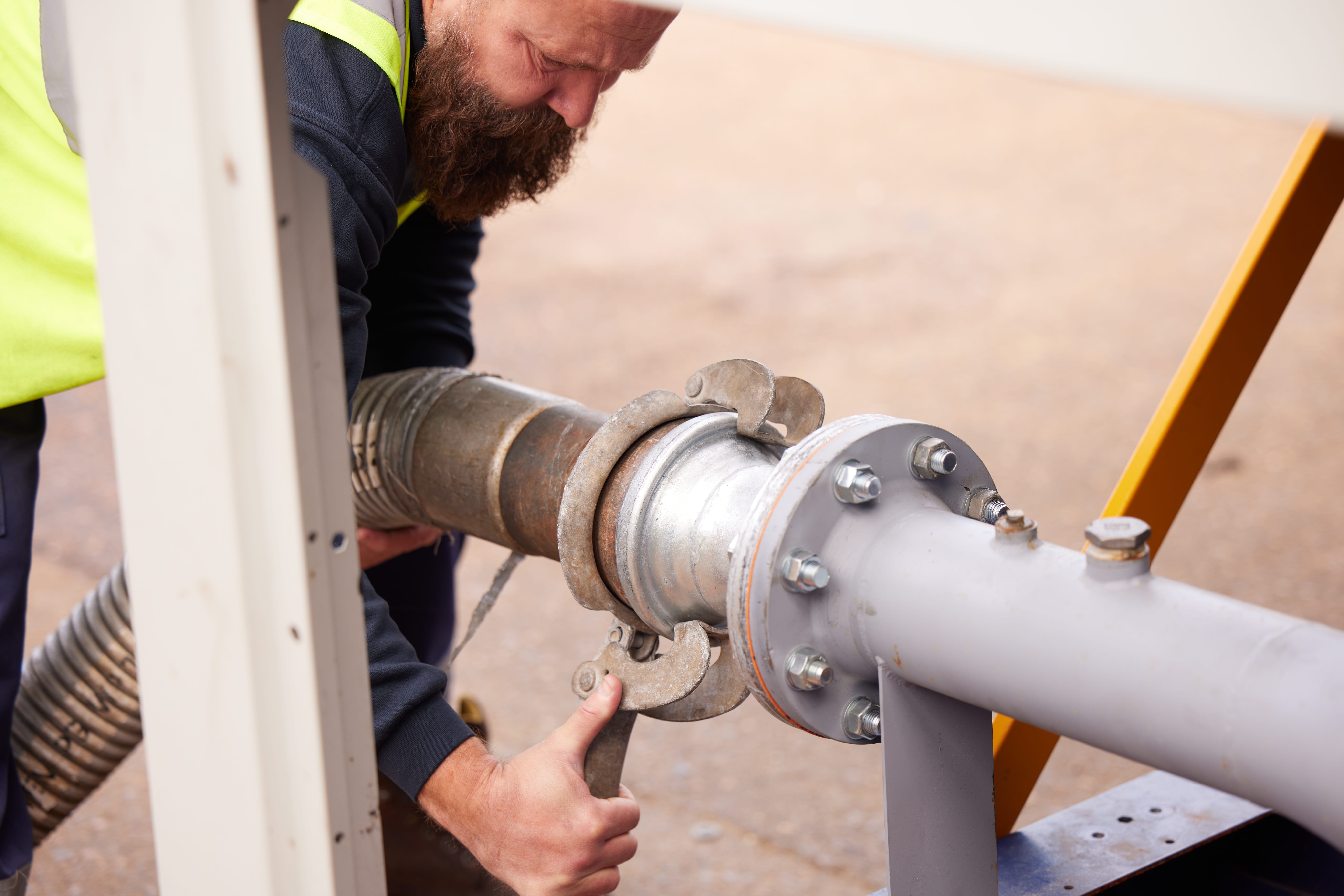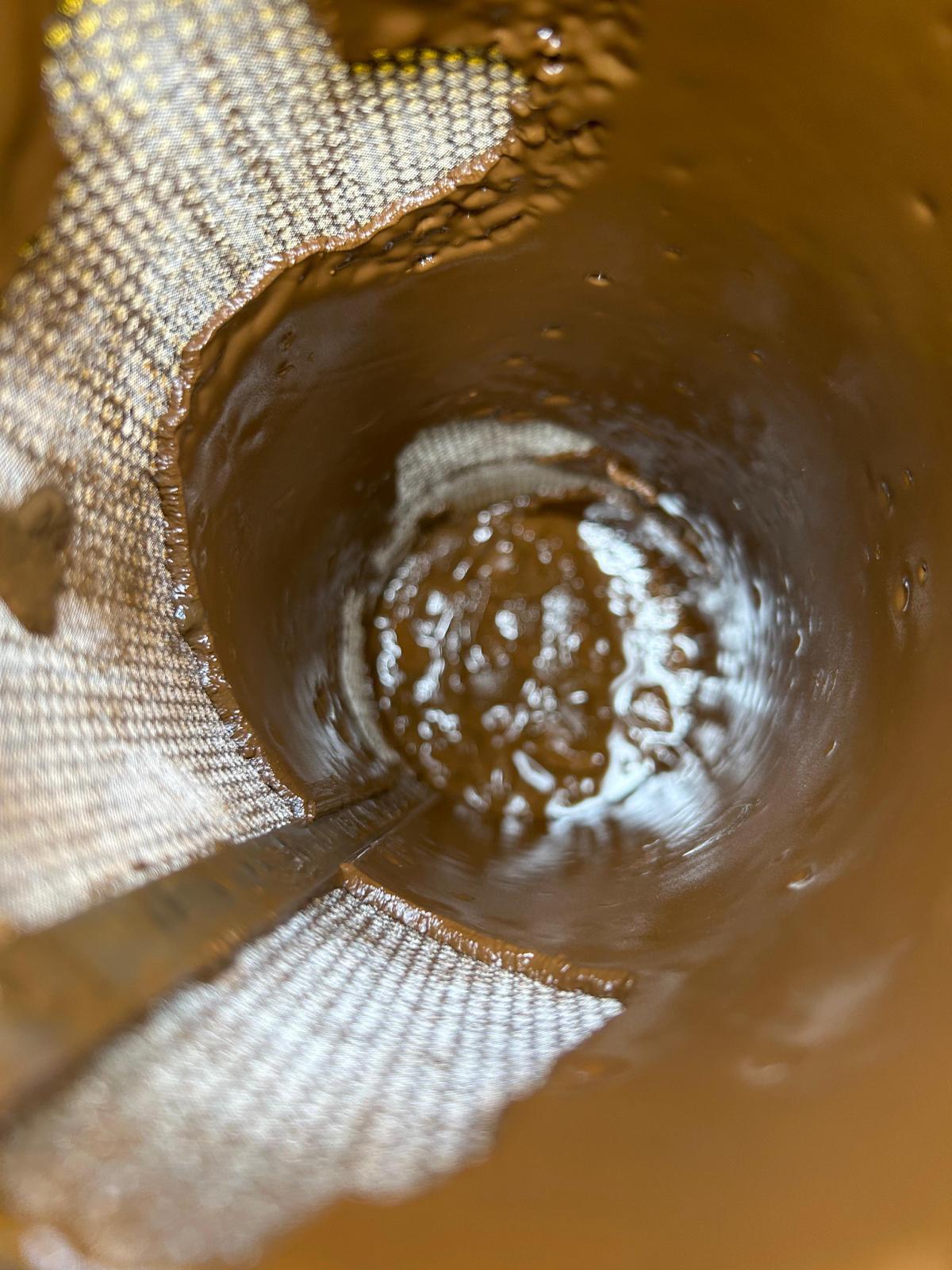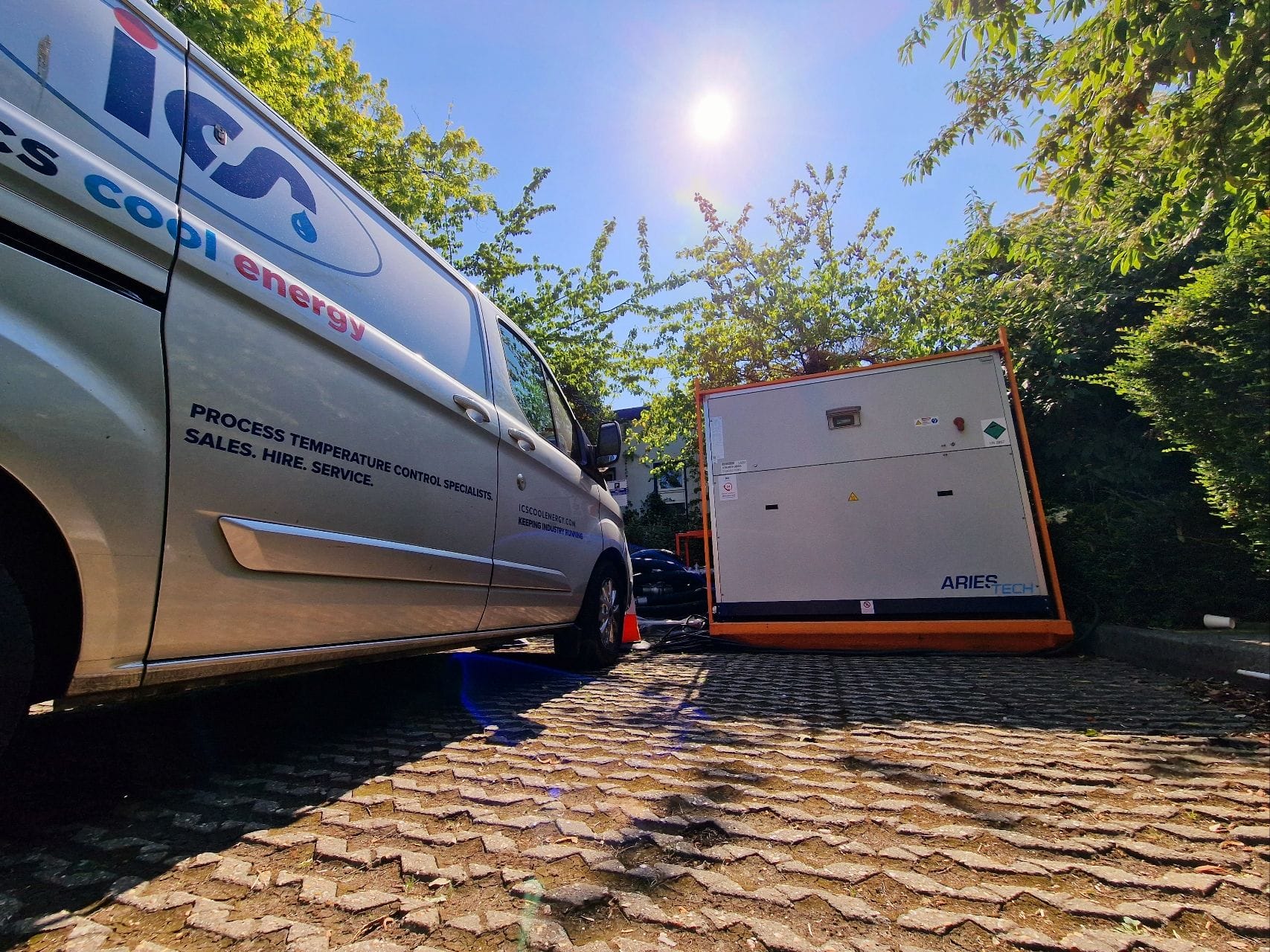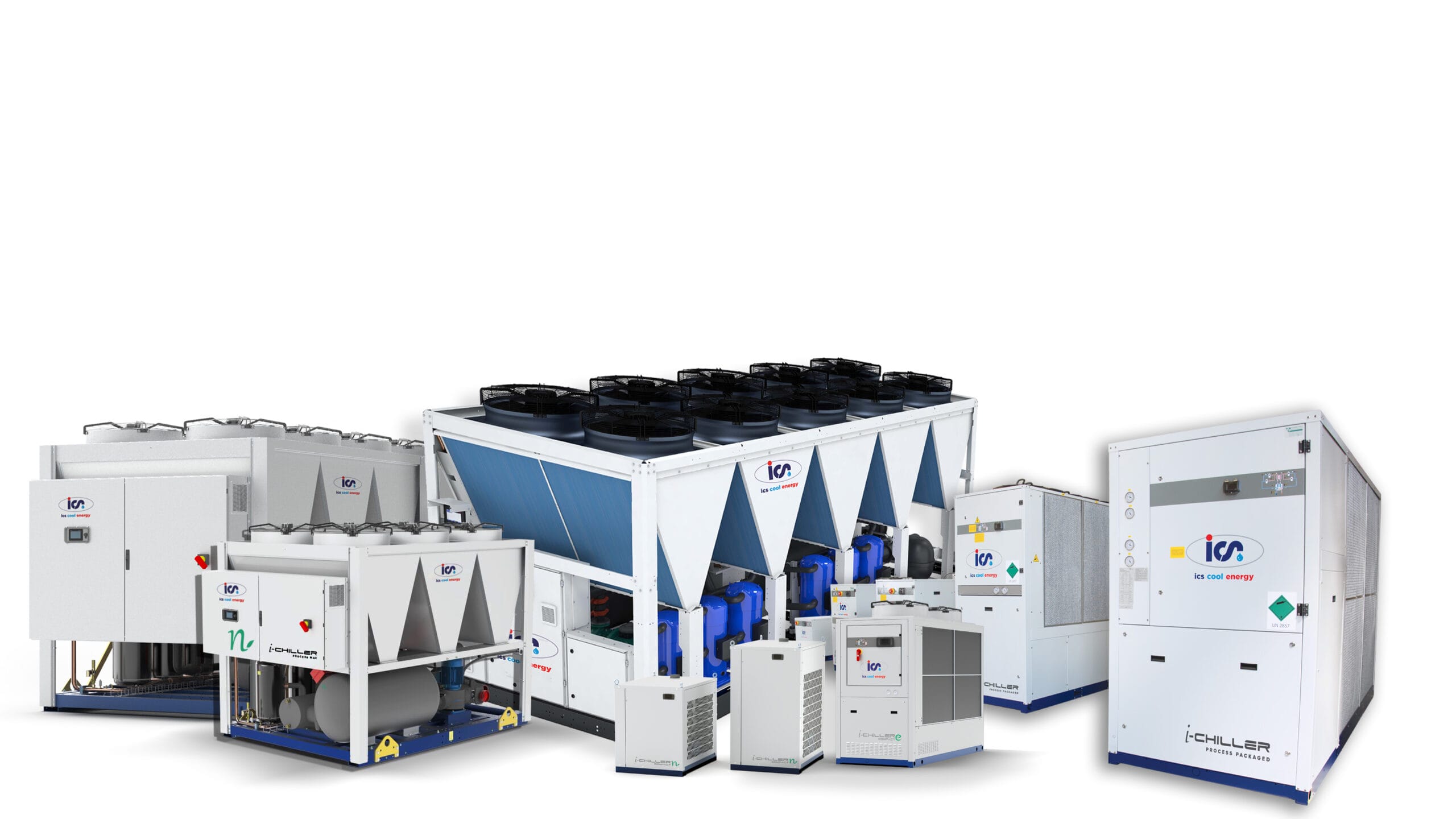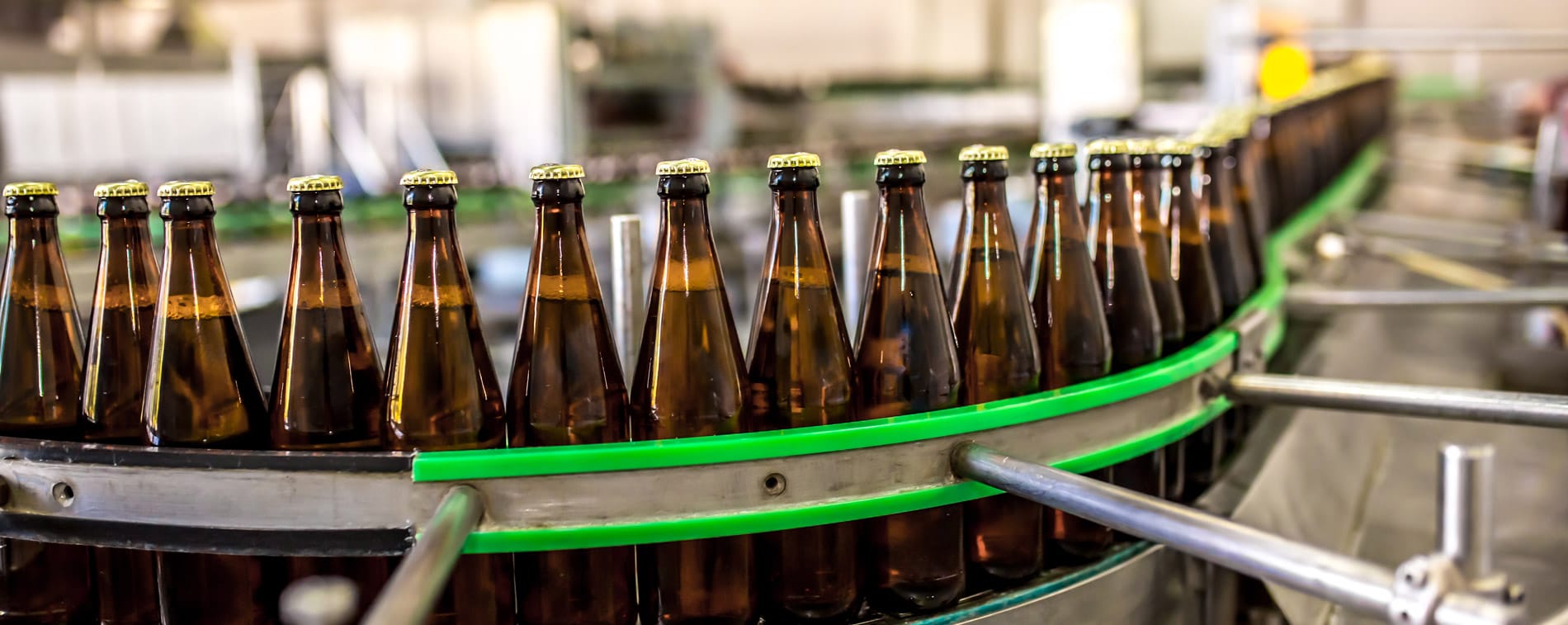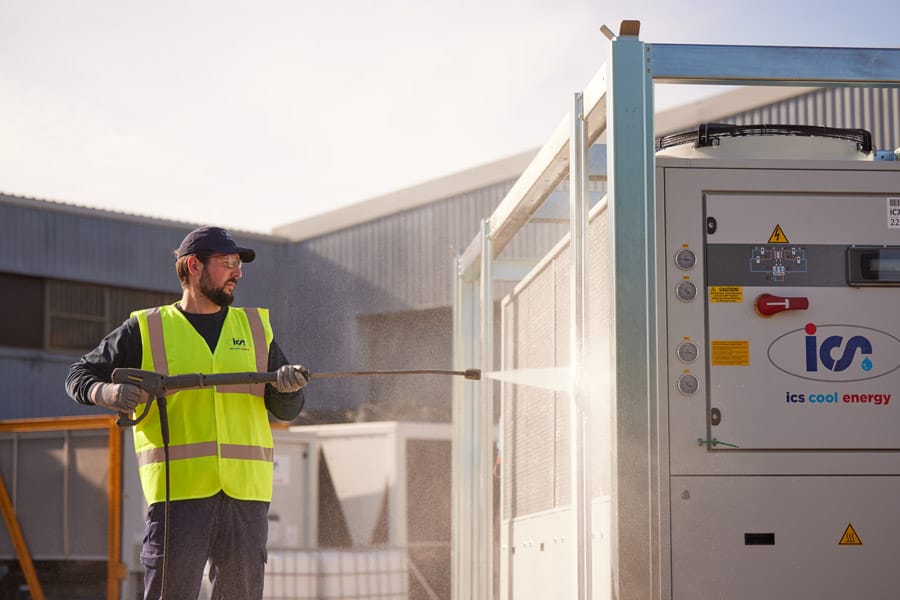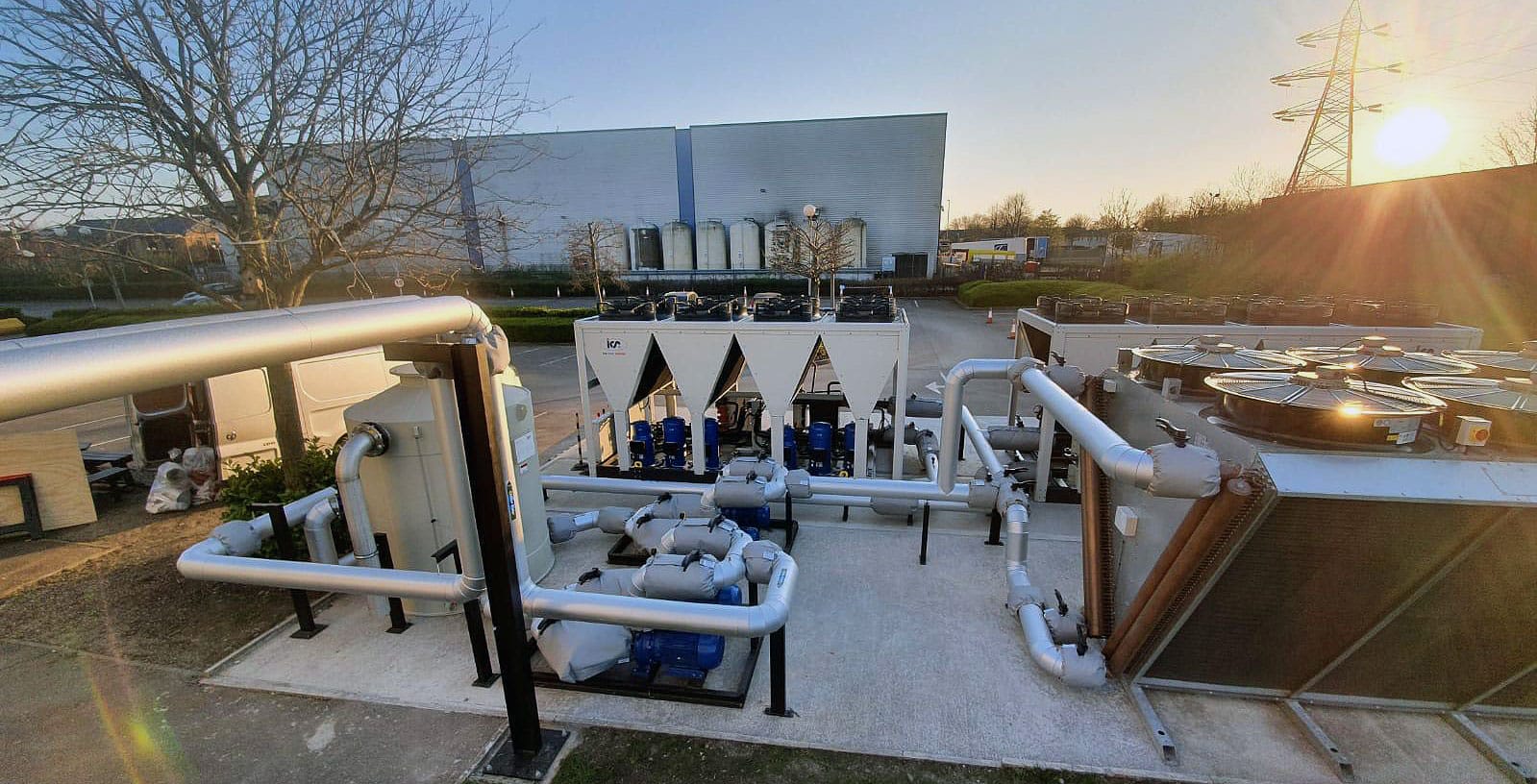Size Does Matter – Especially When It Comes to Pipes in Process Temperature Control
There are several reasons why correct pipework selection is critical for the performance, efficiency, and reliability of temporary hire systems. ICS Cool Energy recognises that in cooling and heating applications, pipework is more than just a connection between equipment and process. It plays a central role in system performance, efficiency, and reliability. For temporary hire … Read more
